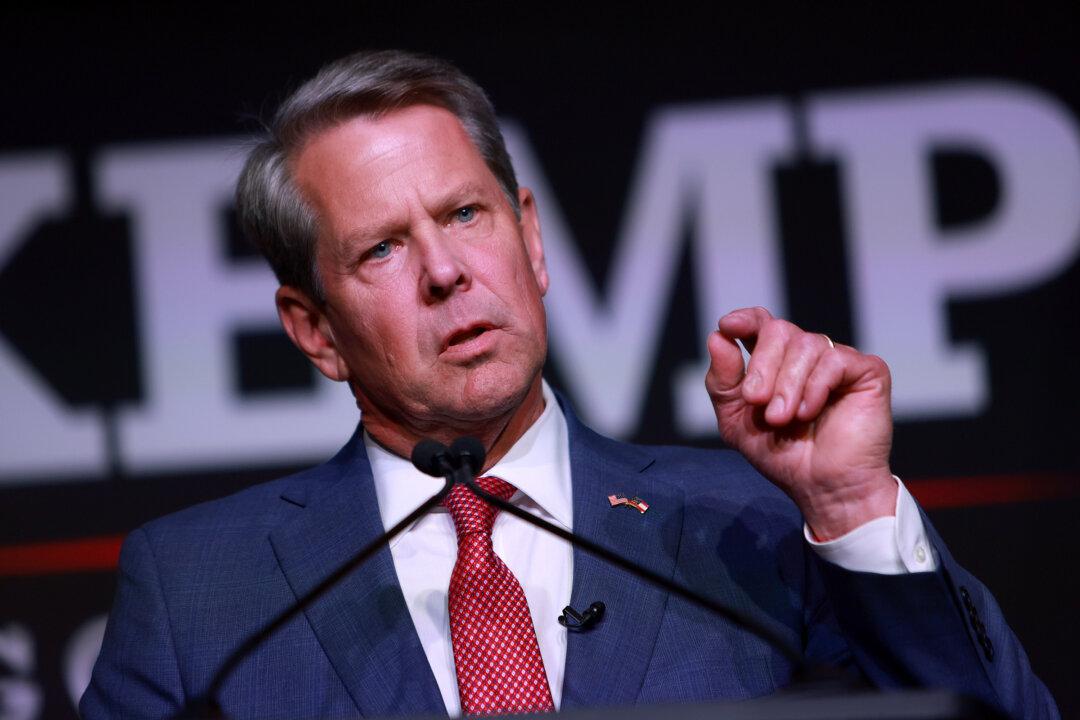Republican Gov. Brian Kemp beat Democrat Stacey Abrams on Nov. 8 for the second time, as Abrams conceded before the clock struck midnight.
“Let me begin by offering congratulations to Gov. Brian Kemp,” Abrams told supporters in Atlanta.

Republican Gov. Brian Kemp beat Democrat Stacey Abrams on Nov. 8 for the second time, as Abrams conceded before the clock struck midnight.
“Let me begin by offering congratulations to Gov. Brian Kemp,” Abrams told supporters in Atlanta.